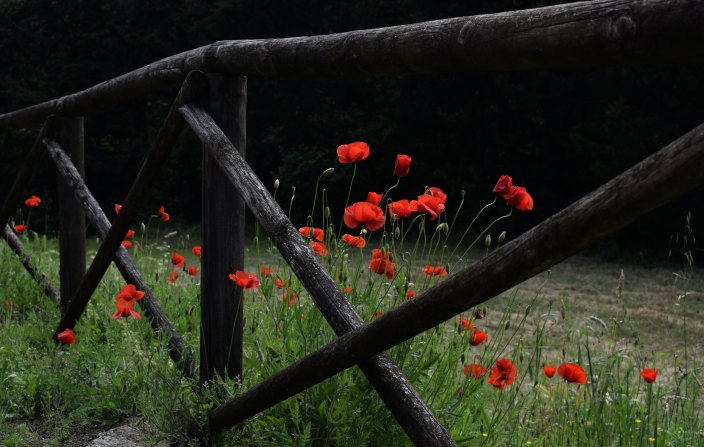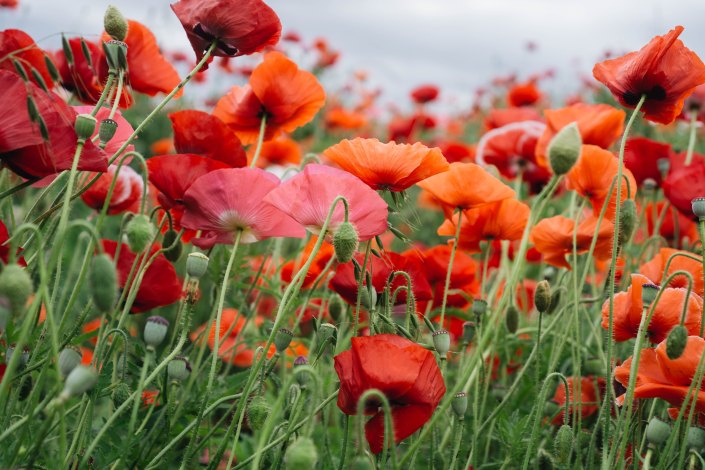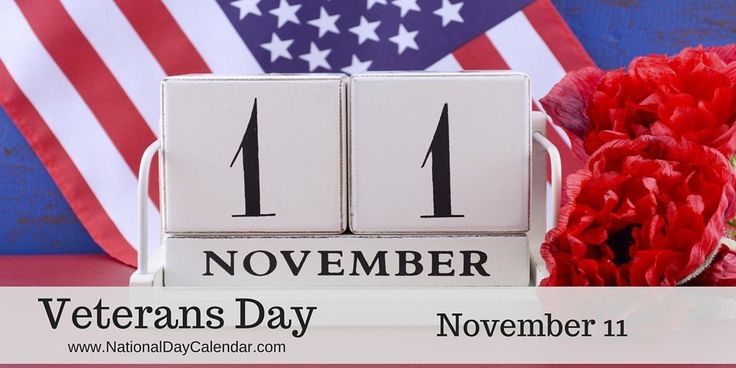schneider howitzer
Story Sunday: War & Remembrance 1918

“On the eleventh hour of the eleventh day of the eleventh month, the guns fell silent.”
[Note: This is not a post to re-visit the actual war or discuss the minute details of every event. I will leave that to the historical scholars.]
One hundred years ago, today, the “war to end all wars” came to an end with the signing of the final Armistice in a railroad car in Compiègne, France. The Austro-Hungarian Empire, Bulgaria and the Ottoman Empire had signed the previous three. This was not the actual surrender as the Treaty of Versailles formally ended the entire war. Signed on June 28, 1919, the treaty was on the exact day, five years later, of the assassination of the Archduke Franz Ferdinand of Austria.
The last shot fired, closing WWI, was by the American soldiers of Battery E, 11th Field Artillery and a Schneider Howitzer named Calamity Jane.

“The first minute of silence was to indicate gratitude for those who had returned alive…the second to remember the fallen.”
Edward George Honey, an Australian journalist, was the gentleman whom first proposed a moment of silence. The two-minute silence, practiced today, originated in Cape Town, South Africa, via that town’s then Mayor, Sir Harry Hands.
Remembrance Day or, Poppy Day, is the memorial day observed in the Commonwealth of Nations and many non-Commonwealth countries and, evolved from the Armistice Day. Remembrance Sunday is observed by the UK and Commonwealth nations on the Sunday closest to November 11. Armistice Day is the primary holiday in France, Belgium and Serbia. Serbian people wear Natalie’s Ramonda instead of the poppy. The French wear the Bleuet de France, a Cornflower.

♢ Poland celebrates their National Independence Day on November 11.
♢ Italy celebrates their Armistice of Villa Giusti on November 4.
♢ The Republic of Ireland recognizes Armistice & Remembrance Day but, their National Day of Commemoration on the Sunday nearest July 11 is a reflection of their Irish War of Independence that started two months after the Armistice was signed.
♢ Denmark, The Netherlands, Norway and Spain were neutral and, have no specific WWI observances.
♢ Germany has a Peoples Day of Mourning covering all armed conflicts, observed on the Sunday closest to November 16.
We, here in the U.S., at the behest of several veterans organizations, changed Armistice Day to Veterans Day in 1954 to honor all veterans, regardless of a specific war. It is a national holiday and different from Memorial Day (last Monday in May), which honors those whom died while serving and, Armed Forces Day (also in May but, the third Saturday), honoring those currently serving.

In Flanders Fields
In Flanders fields the poppies blow
Between the crosses, row on row,
That mark our place; and in the sky
The larks, still bravely singing, fly
Scarce heard amid the guns below.We are the Dead. Short days ago
We lived, felt dawn, saw sunset glow,
Loved and were loved, and now we lie
In Flanders fields.Take up our quarrel with the foe:
To you from failing hands we throw
The torch; be yours to hold it high.
If ye break faith with us who die
We shall not sleep, though poppies grow
In Flanders fields.~Lieutenant Colonel John McCrae
Canadian Expeditionary Force
We Shall Keep The Faith
Oh! you who sleep in Flanders Fields,
Sleep sweet – to rise anew!
We caught the torch you threw
And holding high, we keep the Faith
With All who died.We cherish, too, the poppy red
That grows on fields where valor led;
It seems to signal to the skies
That blood of heroes never dies,
But lends a lustre to the red
Of the flower that blooms above the dead
In Flanders Fields.And now the Torch and Poppy Red
We wear in honor of our dead.
Fear not that ye have died for naught;
We’ll teach the lesson that ye wrought
In Flanders Fields.~Moina Michael, the “Poppy Lady”
American Professor, University of Georgia